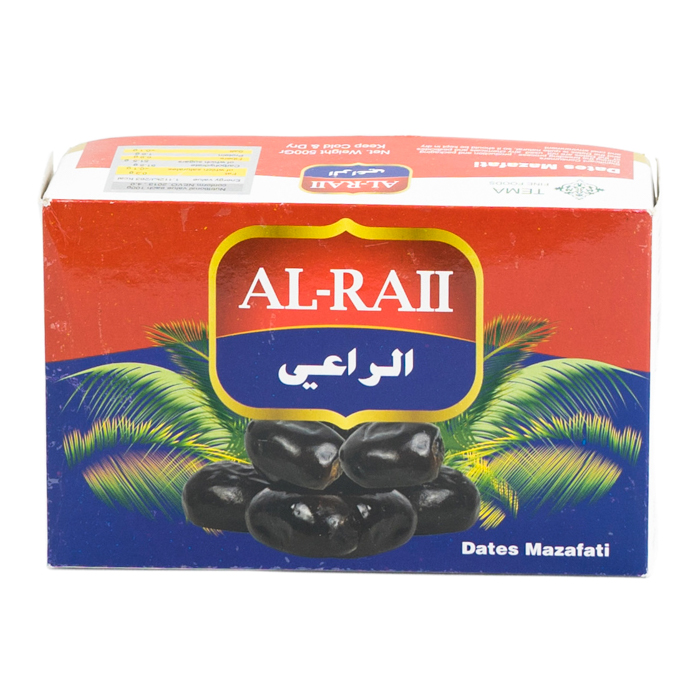Kurma Ajwa, often admired as the "date of the Prophet," stands apart from other date selections because of its unique flavor and structure. While its one-of-a-kind attributes are partly credited to its genetic make-up, the farming procedure likewise plays a crucial role in shaping its last form.
Soil and Environment: The Structure of Taste
The farming of Kurma Ajwa is primarily concentrated in the Al-Madinah area of Saudi Arabia, an area honored with particular weather and dirt problems optimal for this day variety. The arid environment, identified by heats and reduced humidity, produces an atmosphere that advertises the development of sugars and various other substances in charge of Ajwa's abundant flavor. The dirt in the region is generally sandy and well-drained, enabling ideal origin development and nutrient uptake. These ecological variables add dramatically to the date's special preference profile.
Pollination: A Delicate Balance
Pollination is a crucial stage in the farming of any type of day range, and Ajwa is no exception. Typical approaches, such as hand pollination, are commonly used to guarantee optimal fruit set and quality. The cautious option of plant pollen from suitable date palm ranges is important for maintaining the preferred features of Ajwa days.
Farming Practices: Supporting Excellence
Several farming techniques add to the unique qualities of Kurma Ajwa:
Trimming: Routine trimming is necessary for preserving the health and wellness and productivity of the date hand trees. Harga Kurma Ajwa includes eliminating dead or unproductive branches to funnel resources in the direction of fruit growth.
Watering: While the area is arid, correct watering is important during details development stages. Overwatering or underwatering can negatively affect fruit quality.
Fertilizing: Nutrient management is vital for optimum fruit advancement. Using the right equilibrium of fertilizers makes certain that the day palms obtain the necessary nutrients without jeopardizing dirt wellness.
Pest and Condition Management: Protecting the day palms from pests and conditions is important for preserving fruit top quality. Integrated pest management approaches are often used to reduce making use of hazardous chemicals.
Harvesting and Post-Harvest Handling
The timing of the harvest is crucial for maximizing the flavor and texture of Ajwa days. The dates are generally collected when they reach their full size and establish a deep, rich color. Cautious handling throughout harvesting and transport is vital to prevent damage and maintain the fruit's top quality.
Drying out and Processing
Unlike some other day ranges, Ajwa days are frequently consumed fresh. Nonetheless, some manufacturers may decide to dry out the dates to expand their shelf life. The drying out procedure involves cautious control of temperature and moisture to protect the day's flavor and structure.
The Duty of Genes
While farming techniques considerably affect the high quality of Kurma Ajwa, it's necessary to acknowledge the role of genes. The distinct hereditary make-up of this day variety is the foundation for its distinct characteristics. However, optimal cultivation conditions are needed to completely express these hereditary traits.
Conclusion
The farming procedure of Kurma Ajwa is a complicated interplay of ecological elements, farming methods, and genetic make-up. The combination of the dry environment, conventional farming approaches, and cautious post-harvest handling add to the advancement of the day's special flavor and appearance. By comprehending the elements that influence the growing of this prized fruit, customers can appreciate the craftsmanship and devotion involved in producing top quality Kurma Ajwa.
Ultimately, the cultivation procedure is a testament to the unified partnership between human beings and nature, leading to an item that has actually been treasured for centuries.

